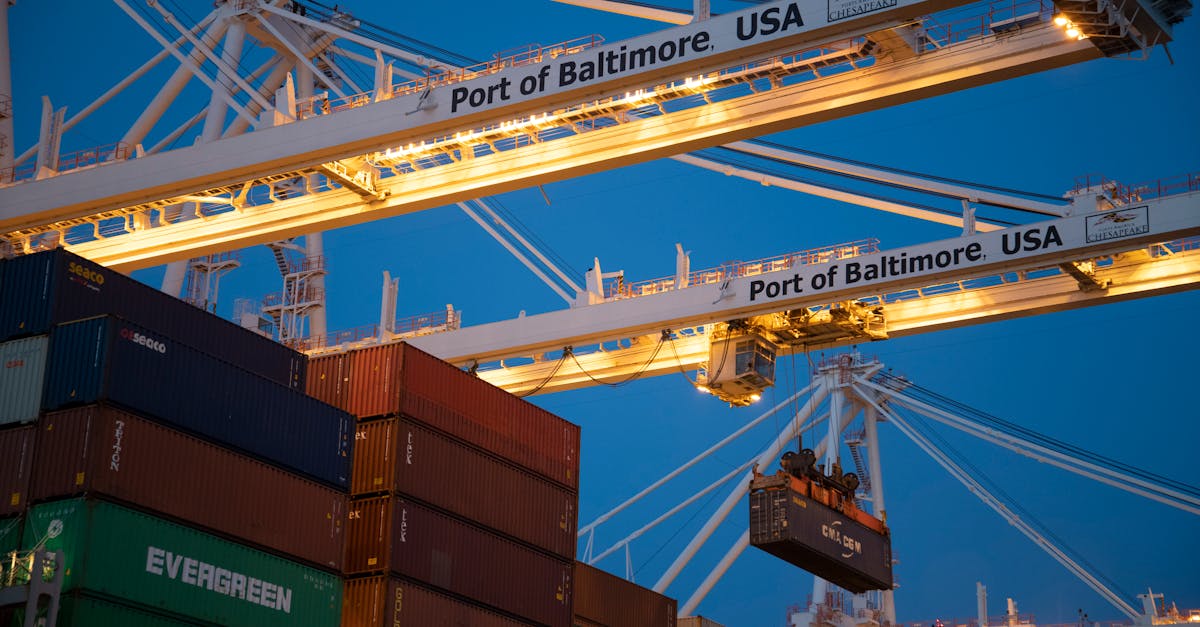
Review of Top Supplier Relationship Management Software
What isback. Additionally, recognising achievements and celebrating milestones reinforces commitment and loyalty, solidifying the partnership further.Common Issues Faced by Businesses
Investing in collaborative efforts can yield significant benefits. Joint initiatives, such as product development or process improvements, encourage innovation and ensure both parties align on shared goals. Implementing performance metrics enables organisations to monitor progress and determine areas of enhancement. Evaluating supplier performance collaboratively fosters a sense of partnership and accountability, ultimately driving mutual growth.Businesses often encounter difficulties stemming from inaccurate demand forecasting. This can lead to either excessive stock levels or shortages, disrupting operations and affecting customer satisfaction. Additionally, frequent discrepancies between recorded stock levels and actual inventory can create further complications. Such differences not only complicate inventory reconcilia
g in relationship-building activities to strengthen partnerships.What best practices can be implemented for effective inventory control?
How does SRM software improve compliance with regulations?Best practices for effective inventory control include regular audits, implementing an inventory management system, maintaining optimal stock levels, and employing just-in-time (JIT) inventory strategies to reduce excess stock.
SRM software improves compliance by providing tools to track supplier performance against regulatory requirements, automating reporting processes, and ensuring that all supplier-related activities are documented and easily accessible for audits.How can businesses maintain optimal stock levels?
Businesses can maintain optimal stock levels by using data analytics for demand forecasting, settin